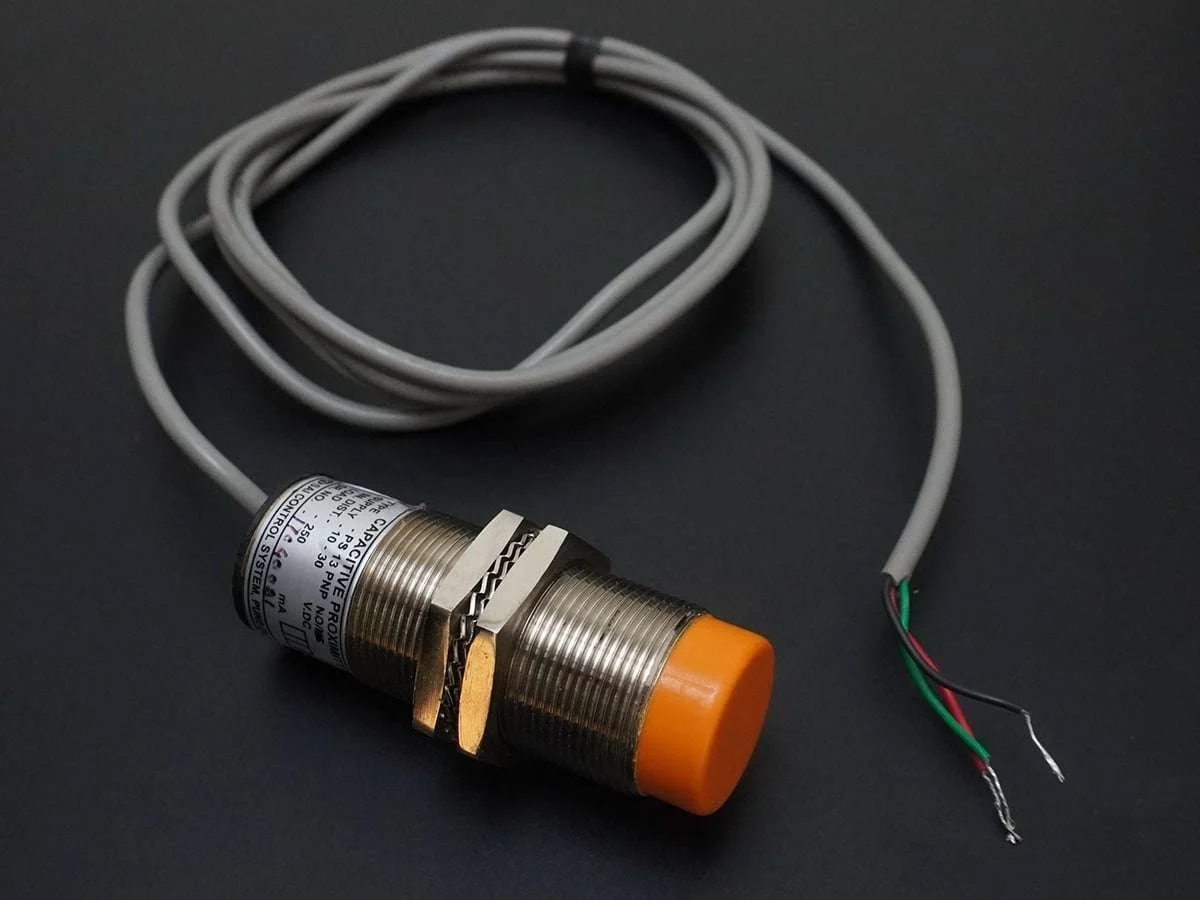Proximity Sensor Manufacturer Helps Businesses Achieve Higher Accuracy and Efficiency
In today’s fast-paced industrial landscape, businesses are constantly seeking ways to improve operational accuracy and efficiency. One of the most effective solutions is the integration of advanced proximity sensors in various applications. A leading proximity sensor manufacturer is playing a pivotal role in transforming industries by providing state-of-the-art sensor technology that enhances automation, reduces errors, and increases productivity. Proximity sensors are non-contact devices used to detect the presence or absence of objects within a specific range. Unlike traditional mechanical sensors, these advanced sensors operate without physical contact, making them more reliable and durable. Industries such as manufacturing, automotive, logistics, robotics, and healthcare heavily rely on proximity sensors to optimize processes and ensure seamless operations. With the right sensor technology, businesses can achieve higher precision in their workflows, ultimately leading to cost savings and improved performance. One of the key advantages of proximity sensors is their ability to enhance automation.

In manufacturing environments, these sensors are integrated into assembly lines to detect objects and trigger automated actions. For example, in a packaging plant, proximity sensors can ensure that products are correctly aligned before sealing or labeling. This reduces human intervention, minimizes the risk of errors, and speeds up production cycles. The result is a streamlined process that enhances both efficiency and quality control. Another crucial benefit of proximity sensor supplier is their role in predictive maintenance. Traditional equipment maintenance relies on scheduled inspections, which can lead to unexpected breakdowns or unnecessary servicing. With proximity sensors, businesses can monitor machinery conditions in real time. By detecting variations in movement, temperature, or vibration, these sensors provide early warnings of potential failures. This predictive approach helps companies reduce downtime, avoid costly repairs, and extend the lifespan of critical equipment. The automotive industry has also significantly benefited from proximity sensor technology. Modern vehicles incorporate these sensors for functions such as collision avoidance, parking assistance, and automated braking systems.
By accurately detecting nearby objects and responding in real-time, proximity sensors enhance vehicle safety and driver convenience. As automotive technology advances, proximity sensors will continue to play a crucial role in the development of autonomous vehicles and intelligent transportation systems. In the logistics and warehousing sector, proximity sensors contribute to more efficient inventory management and automation. As technology continues to evolve, omch proximity sensor manufacturers are investing in research and development to create even more advanced solutions. Businesses that adopt these cutting-edge sensor technologies can stay ahead of the competition, optimize resource utilization, and achieve unprecedented levels of accuracy and efficiency. Proximity sensors have become indispensable tools for businesses looking to enhance precision and streamline operations. A trusted proximity sensor manufacturer provides industries with reliable, high-performance solutions that drive automation, improve safety, and boost productivity. By leveraging the latest advancements in sensor technology, businesses can achieve higher accuracy, reduce costs, and maintain a competitive edge in today’s dynamic market.
